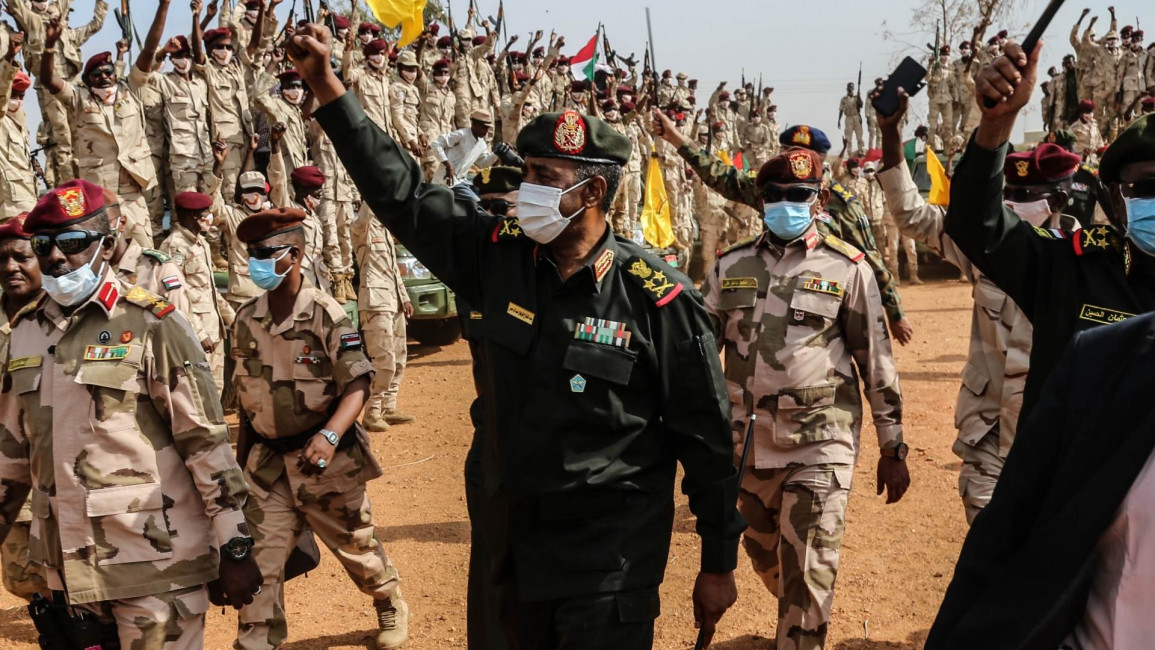Sudan military, civilian rulers trade blame for economy
Inflation hit 143 percent last month, as the worldwide economic slump sparked by the coronavirus further aggravated Sudan's chronic hard currency shortage.
Criticism of the control over the economy still exercised by the military a year after it agreed to share power with civilians has drawn an angry response from top commanders which are determined not to take the blame for the crisis.
In a speech to troops on Monday, military leader General Abdel Fattah al-Burhan hit out at what he said was "a campaign aimed at undermining the integrity of the armed forces".
He was alluding to comments made by the top civilian in the transitional government, Prime Minister Abdalla Hamdok.
Hamdok complained on Friday that his ministers had control over "just 18 percent" of the state sector, seriously hampering their efforts to rescue the economy.
The prime minister returned to the issue on Saturday saying that the "return to the government of businesses owned by the military and the security services is its top priority".
The army and intelligence services acquired huge holdings in the state sector under Bashir's rule, in businesses ranging from farming and livestock to private health care and pharmaceuticals.
According to Khaled al-Tijani, editor-in-chief of the business weekly Ilaf, the premier's remarks on army-owned businesses infuriated senior commanders.
"This ignited a social media campaign with political activists blaming the crisis on the military control of the economy," Tijani said.
Burhan defended the army's role saying that it was the pillar of the country's unity and was not alone in controlling state sector firms.
|
|
He said that 221 of Sudan's 421 state sector businesses were operating outside government control.
"We raised the topic with the cabinet but it took no action," he added.
"Those who failed want to blame their failure on others, but no one can peg it on the army," Burhan said, adding that blaming the military was part of a broader campaign "aimed at dismantling the armed forces".
He said the army was ready to place businesses it owned under the control of the finance ministry.
Sudan's economy took a major hit from the loss of hard currency revenues from oilfields that it lost to South Sudan when it seceded in 2011.
It has also suffered from decades of US sanctions targeting Bashir's now-ousted regime.
The United Nations says more than 9.6 million people - almost a quarter of Sudan's population - suffer from chronic malnutrition.
Tijani said Hamdok's remarks came under pressure from the Forces for Freedom and Change, the movement which led the mass protests against Bashir and the subsequent campaign for civilian rule.
"An escalation in the dispute hinges on the protest movement's reaction since they were the ones who raised the issue," he said.
Follow us on Facebook, Twitter and Instagram to stay connected



